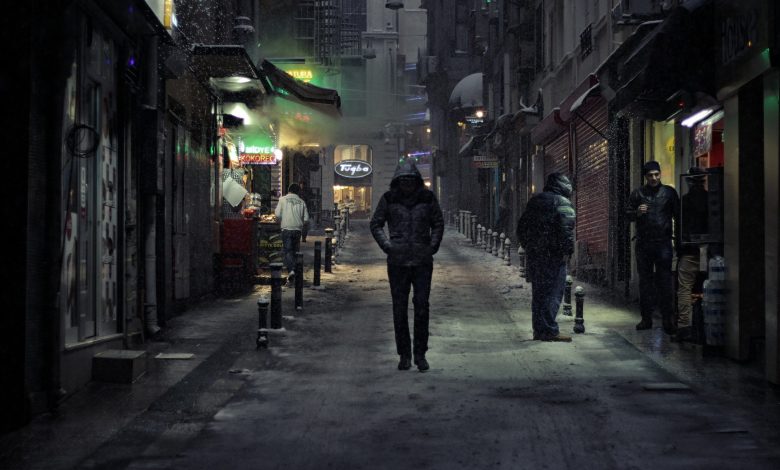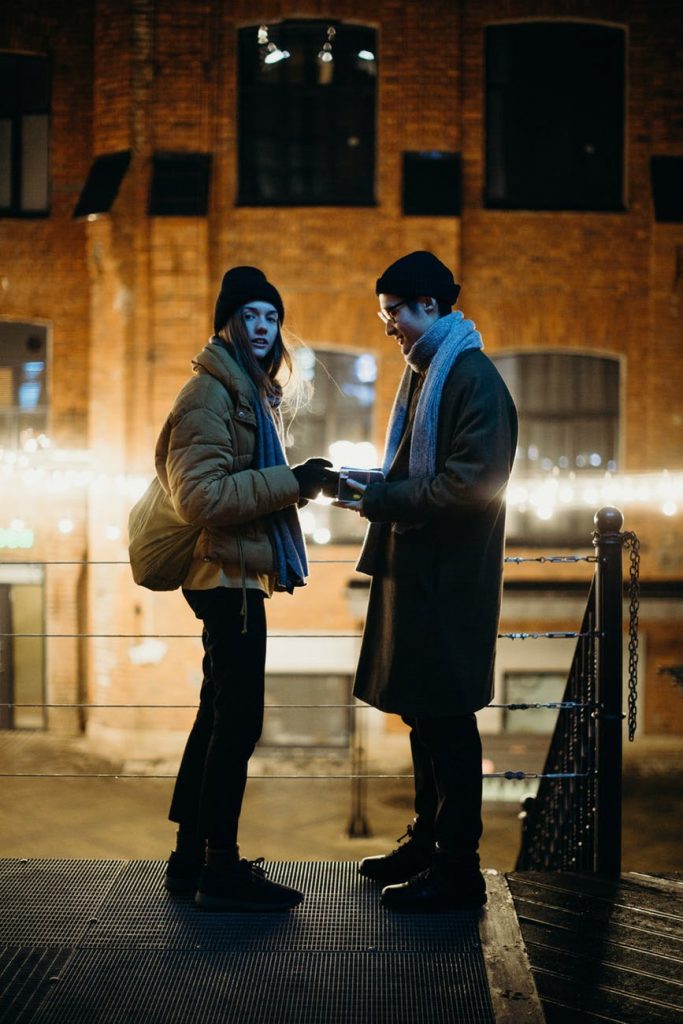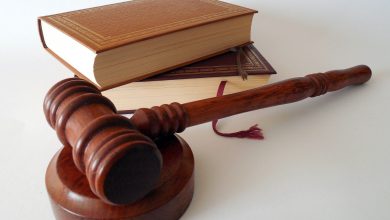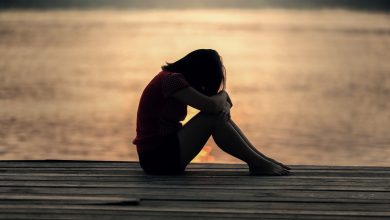Is Violating Curfew a Crime?

In general, a curfew is an order that specifies a time when certain regulations apply. It refers to the time when people are required to return and stay back at home. Curfews are common in almost every household where children are given an order to be back home by the given time by the head of the household.
In a broader sense, a curfew is a government policy that orders certain persons or all people to be off the streets and safely at home by a certain time, failing which, they pay the penalty imposed by law. The curfew usually starts late in the evening and is lifted off early in the morning.
Types of Curfews
The original curfew law was established by King of England William the Conqueror, who reigned as King between 1066 and 1087. As per the curfew law, the citizens were required to extinguish all fires and candlelight by eight o’clock each evening. The concept of this law was adopted by several others, and today, a curfew is a more generalized law that regulates the time by which certain persons or all people are expected to be off the public streets. Curfew laws are not outlined in the federal Constitution and are regulated by local governments. Hence, it differs in each municipality, each county, and each state.
There are three types of curfew law that is enforced throughout the country:
Emergency Curfew
Emergency curfews are usually proposed when there is a crisis, catastrophe, or natural disaster. The government imposes emergency curfews that set restrictions for all citizens during such times. It is put into place by the local government when it sees fit, in certain specific conditions. In the past, emergency curfew was imposed by the local government during blizzards, wildfires, hurricanes, public riots, and when dangerous criminals escaped. Citizens are only allowed to travel in case of an emergency or to and from critical job duties.
Business Curfew
Business curfews restrict the operational hours of some public establishments, such as liquor stores, restaurants, and grocery stores, among others. A business curfew is typically imposed in areas where there are high levels of crime, disorderly conduct, or otherwise loitering. The curfew is activated for selected periods by the local government in response to criminal activity.
Juvenile Curfew

Juvenile curfews are intended to restrict juvenile movements during certain hours. Many states all over the United States follow this for the sole purpose of keeping teenagers safe.
What is the Purpose of a Curfew?
The most commonly imposed curfew is the juvenile curfew, with the sole purpose of protecting minors. Curfews are generally enacted at the lower level of the government and mostly pertain to children. They involve specific restriction that prohibit children or minors from specific public areas that are considered dangerous. The time limit ensures the clarity of the law.
Juvenile curfew laws are regulated at the local level to regulate the different issues faced by different areas. The restrictions imposed are legal even before the legally stipulated time, especially if the minor’s life is at risk. The purpose of the curfew law is
- to reduce youth-related crime
- to keep the youth safe from being a victim of a crime
- to keep the youth from being exposed to crime opportunities
Business and emergency curfews are imposed to protect the general public from being a victim of a crime or natural disaster.
The curfew law is imposed based on the circumstance, and some citizens fight it based on circumstantial reasons. Some of these reasons include:
- The law is too general for both children and parents to understand it fully.
- The juvenile law does not permit the parents to make decisions for their children. Many parents fight by stating that the government is interfering with their right to parenting.
- The curfew law is subject to racial profiling, which is at the base of law enforcement.
- It is difficult to follow the rules and regulations while traveling interstate.
Juvenile Curfew Law
Juvenile curfew laws are set by the state and local government to restrict the movement of youngsters aged seventeen and below in public places. As per the juvenile law, any person aged below eighteen years is prohibited from patronizing a business or being on the streets to protect the health and wellness of the minors.
As per juvenile curfew law, minors are not allowed to be in public places after a certain time until the curfew is lifted. But in certain circumstances, the curfew is waived off. These instances include:
- When the minor is accompanied by parents or a guardian
- When the minor is on the way to or from the place of employment
- When the minor is attending a school-sanctioned or religious event
- In case of an emergency
- While the minor is performing their duty as instructed by an adult.
Examples of City Juvenile Curfew Laws
Almost all states in the U.S. have some kind of juvenile curfew law to keep kids out of trouble and also to ensure that they are accounted for. Most of the laws have exceptions as well, such as a minor returning from a religious place during curfew hours. Most of the curfew violations are punished with a fine, with repeat offenders seeing the face of the court and being punished with community service or losing driving privileges. But juvenile law in every state differs from the other, as curfew is governed by the local government of that particular area.
Columbus, Ohio
As per the juvenile curfew laws in Columbus, Ohio, children under the age of 13 years must be home between midnight and 4:30 am the following morning. If the curfew law is violated, both parent and child must attend a three-hour workshop. In the case of a second violation, the minor is punished with community service that is coordinated by the local YMCA. In the case of a third violation, the accused may face jail time, a $500 fine, or both.
Los Angeles, California
The juvenile curfew laws in Los Angeles, California state that children under the age of 18 years must not be outside or in public places between 10 pm and sunrise the following morning. The laws have certain exceptions as well, and violation of the law is punishable by fines and penalty of up to $675. The violation may also result in losing driving privileges and community service.
District of Columbia
The District of Columbia law does not allow for children under the age of 17 years to be in any park, street, or public place, on the premises of any establishment, or in a vehicle between 11:00 pm and 6:00 am from Sunday to Thursday, and between 12:01 am and 6:01 am on Friday and Saturday. The curfew is subject to certain exceptions, such as adult-supervised activities and work.
Philadelphia, Pennsylvania
In Philadelphia, Pennsylvania, the curfew hours vary between summer break and school hours, as well as between weekdays and weekends. Children under 13 years of age are not allowed to violate curfew laws, which will result in the imposition of a $250 fine, community service, or both.
Birmingham, Alabama
As per the juvenile curfew laws in Birmingham, Alabama, children under the age of 17 years are banned from being on Birmingham streets after 11:00 pm on weekends and after 9:00 pm on weekdays. Violation of curfew laws may result in a fine of $500 for each offense. The parents may also be held responsible for a violation under the Birmingham law.

Penalties for Violating Juvenile Curfew
The punishment for violating curfew by a minor differ from state to state, county to county, and from one municipality to another. In case of violation of the juvenile curfew law, some of the common repercussions ordained in most states include:
- Payment of a hefty monetary fee
- Performing mandatory community service
- Revoked driving privileges and license
- In the case of repeat offenders, confinement to a juvenile detention center
Parents can also be fined or held responsible for the behavior of their children and curfew violations in some jurisdictions. Most times, the local government activates the curfew law when the crime rate has increased, and it is not enforced when the crime rate is low. When the curfew law is not actively enforced, on-duty officers can choose to issue a verbal warning to the minors or even escort them home instead of arresting them or issuing a ticket.



